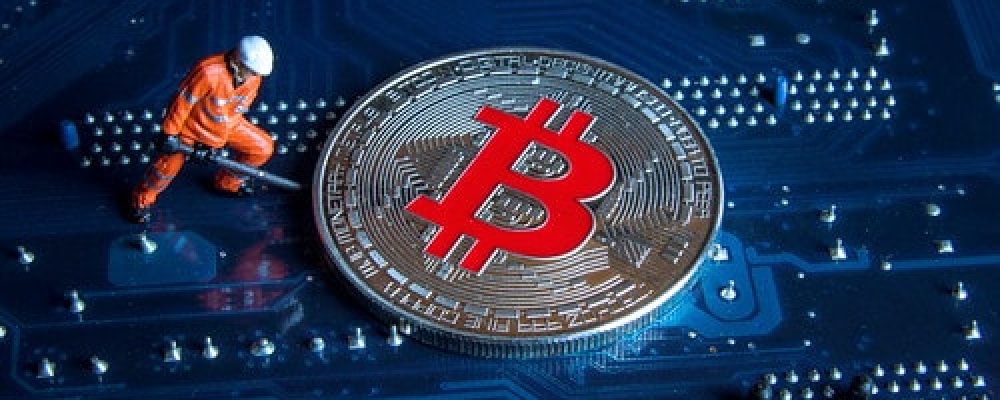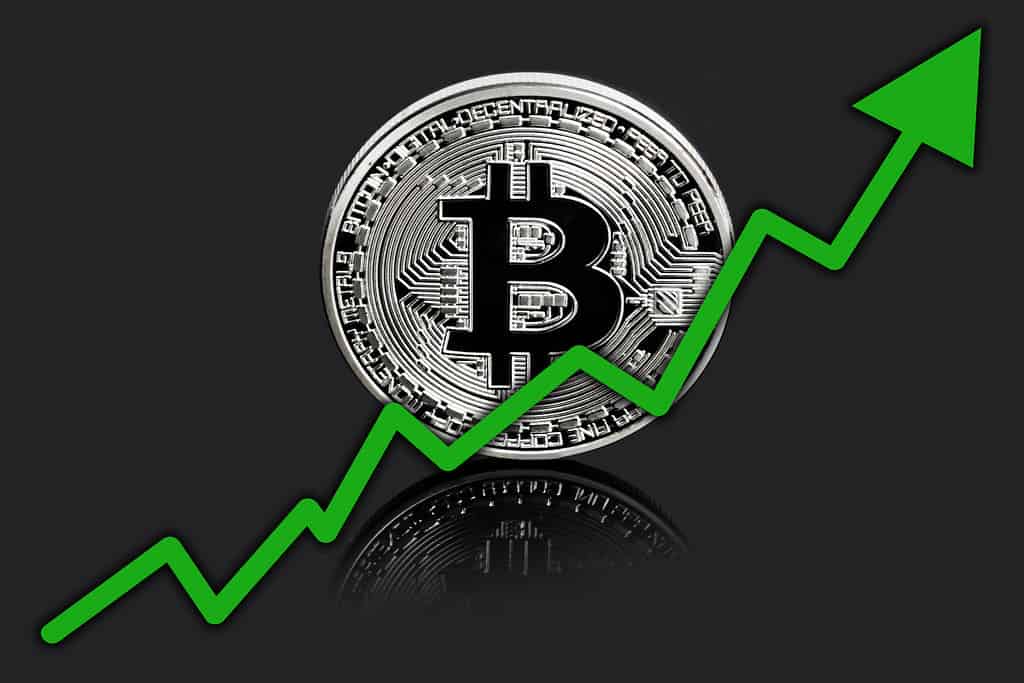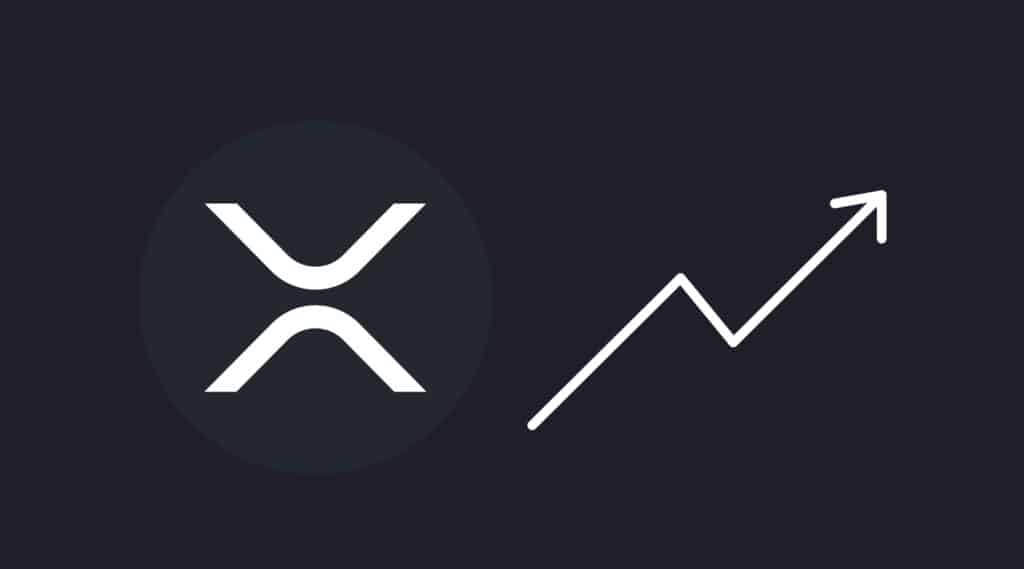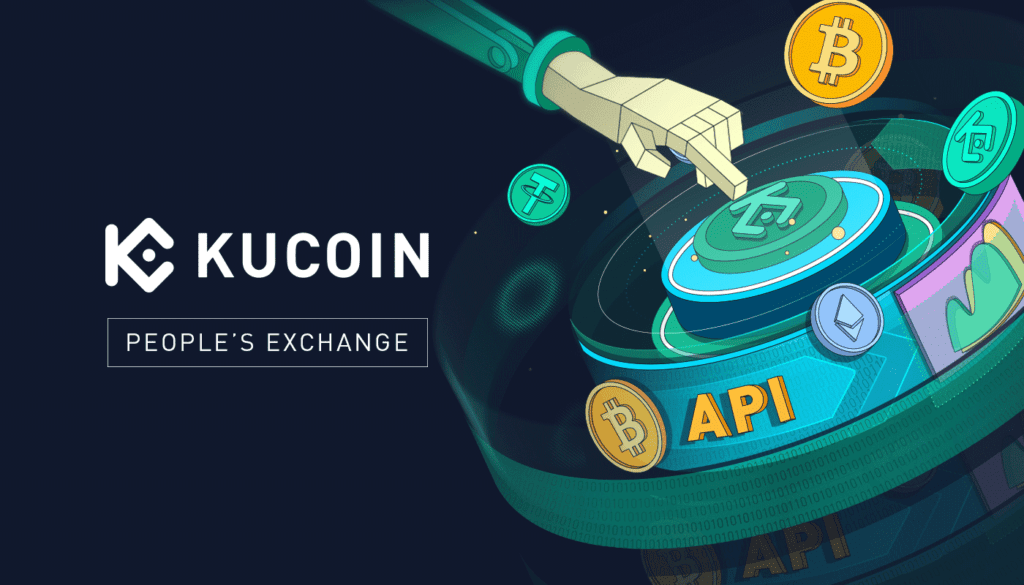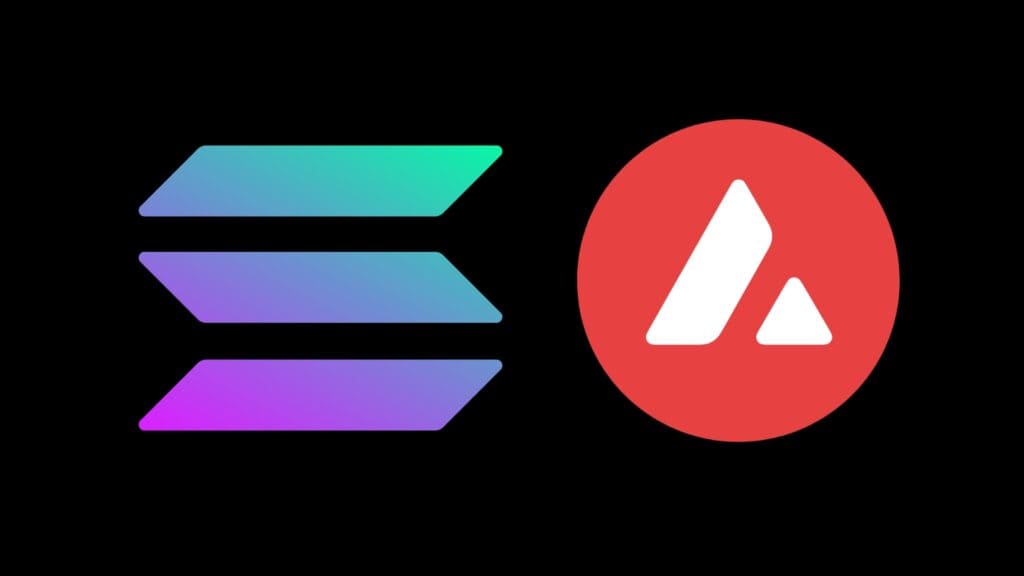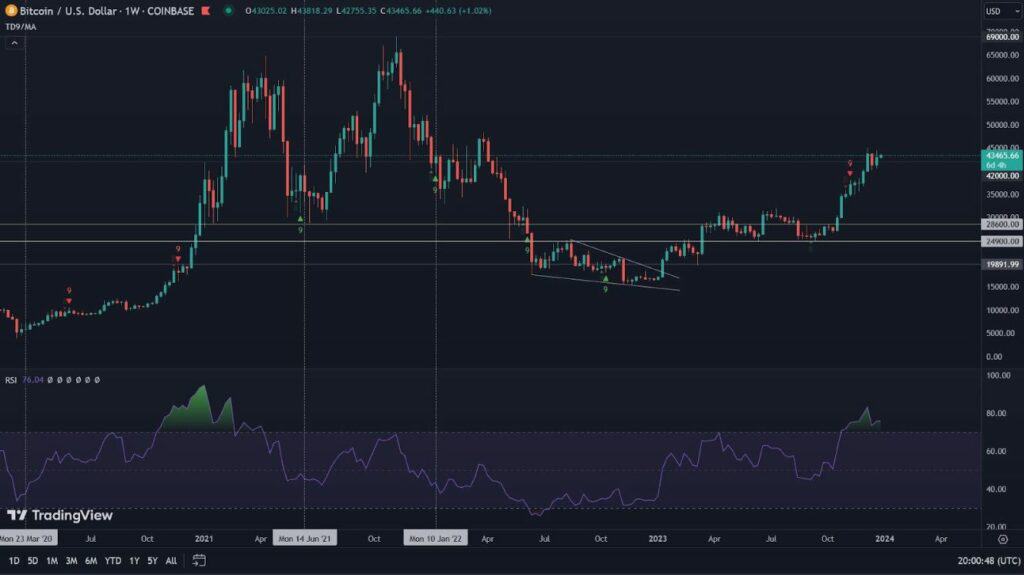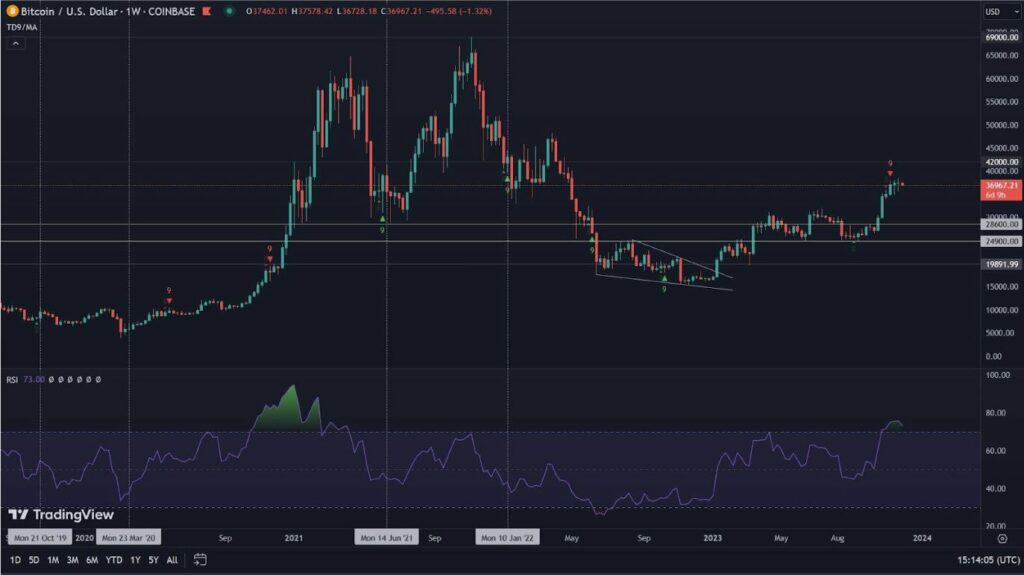The very rapid rise in popularity of cryptocurrencies and blockchain technology is a sign of our times. One of the reasons for such a rapid adoption of digital tokens is the development of the DeFi area, or the area of decentralized finance. It is with this area that the title “liquidity mining” is inextricably linked, which is one of the ways to earn passive income. If you still don’t know what liquidity mining is, do not worry!
“Liquidity mining” – what is it?
Do you know what DeFi is? If you do, great! But if you are not familiar with this term yet, we are here to explain it to you. It is crucial in the context of understanding what liquidity mining is and how it works.
Speaking about the DeFi area, we refer to various financial applications that are built using blockchain technology. These applications are characterized by the absence of an “intermediary party” between a given transaction and the user who performs it. In traditional finance, the intermediary party when performing a transaction, for example transferring money, is a bank. In the case of DeFi, such a transaction is performed using a smart contract, which is a guarantee of security and that both parties will fulfill the contract.
Now that we know what DeFi is, we can go on to explain what liquidity mining is. So let’s start from the beginning: cryptocurrency exchanges and lenders, among others, operate in the DeFi space. In both cases, they need to have some liquidity, i.e. tokens that are “in the pool” and that can be used to grant a loan or enable an exchange between two types of cryptocurrency. So the question remains – where does the aforementioned “pool of tokens” come from? From users who want to “liquidity mine”!
How does “liquidity mining” work?
“Liquidity mining” thus consists in giving a certain number of tokens to a pool, and then charging a fee for their use. As an example, we will describe how “liquidity mining” works for the popular cryptocurrency exchange protocol, Uniswap. Initially, a user deposits a certain amount of tokens into a pool. Uniswap knocks out and gives that user special “liquidity tokens” in proportion to their contribution to the pool. Each time a new transaction is executed, a fee of 0.3% is charged on it. The profit from the transaction is distributed to users in proportion to their contribution to the pool. Of course, they can choose their tokens from the pool at any time.
So the question remains – is it possible to profit from “liquidity mining”? Of course! With a large enough investment in the pool it is definitely a good way to earn passive income.

